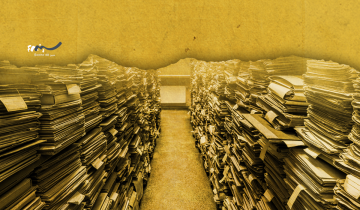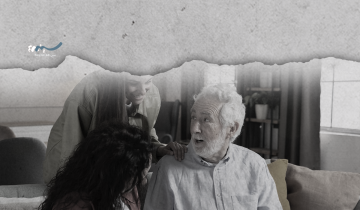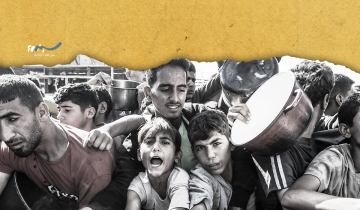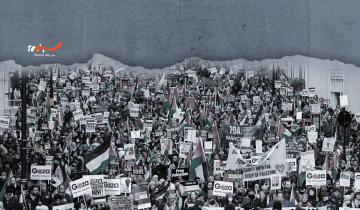Enduring Strength Through a Century of Being BZU
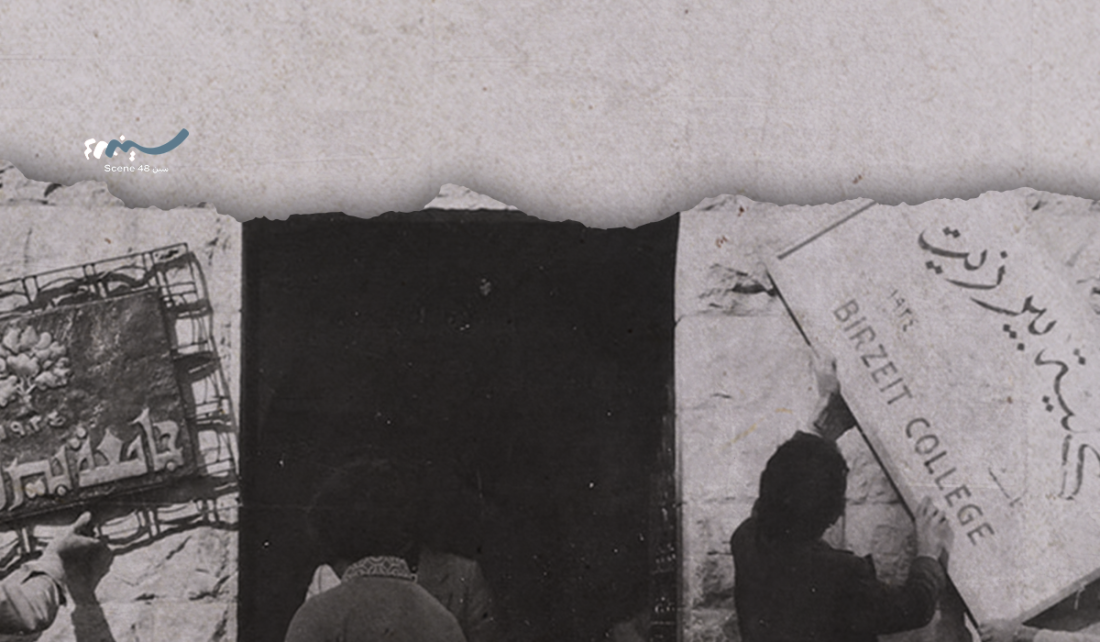
Birzeit University stands as a towering symbol of sumud—steadfastness and resilience—amid the turbulent history of Palestine. What began in 1924 as a small girls’ school in the modest village of Birzeit, perched atop the hills of twenty kilometers north of Jerusalem, has grown into an influential bastion of education, culture, and resistance. Against the backdrop of occupation, exile, and repeated shutdowns, Birzeit has endured, reflecting the enduring spirit of the Palestinian people who refuse to yield.
At its core, Birzeit University is more than an academic institution; it is a testament to the power of education as a tool of resistance and national identity. Its foundation was laid by two pioneering women, Nabiha Nasir (1891–1951), and Rateebah Shouqair (1881–1957), who courageously confronted entrenched traditional norms opened in 1924 the first school for girls in the area. In a time and place where female education was rare and often resisted, their courage ignited an enduring flame; one that has fueled the university’s growth and resilience through decades of adversity.
The university’s history is deeply interwoven with Palestine’s own journey through conflict and displacement. From its earliest days, Birzeit welcomed educators from across the region and beyond, reflecting a spirit of inclusivity and openness. The Lebanese music teacher Mr. Batrouni, the Russian art teacher Mr. Alieef who designed the legendary logo of the college and university; and the Egyptian sports teacher, are few to name among tens of others who contributed to a uniquely diverse academic environment that thrived even under external pressures. This early multiculturalism helped cultivate a robust intellectual culture that would prove invaluable as the university faced growing challenges.
Resilience became Birzeit’s defining characteristic through decades marked by upheavals such as the 1948 Nakba and the 1967 Israeli occupation, which brought profound disruptions. Despite waves of refugees, military occupation, and administrative severance from Jordan, Birzeit persisted. Instead of succumbing to these forces, the institution expanded its mission, evolving from a girls’ school to a pioneering college and eventually achieving university status in 1975. This milestone was not merely administrative; it was an act of defiance against a British colonial policy and Israeli military obstruction that refused to recognize an Arab Palestinian university since the 1920s while provided it’s full support to establish the Hebrew University.[1]
The university’s survival and progress in the face of deliberate attempts to crush it, such as the illegal deportation of its President Dr. Hanna Nasir in 1974, illustrates its unyielding spirit. Leadership passed seamlessly within the community, sustained by unwavering commitment from faculty, students, and families, by which Dr. Gabi Baramki immediately becoming the vice-president (in effect, as Acting President). Until Dr. Nasir’s return in 1993, Dr. Baramki ran the University through years marked by perseverance through closures (including a 51-month closure during the 1987-Intifada), military raids, and censorship, yet learning continued, often clandestinely, in homes, dormitories, and even open areas outside campus gates.[2]
Birzeit’s resilience was matched by its vibrant role as a crucible of political expression and social activism. Through repeated attempts to shut it down, the university became a hub of peaceful resistance, fostering intellectual pluralism and democratic values. Students and faculty were at the forefront of this struggle, paying the ultimate price in lives lost to the occupation’s violence yet undeterred in their commitment to justice and freedom. From Sharaf al-Tibi, the first Birzeit University student shot and killed by the Israeli army in November 1984 near the campus grounds, up to his colleagues who were killed at later periods as they peacefully resisted the occupation,[3] the number of Birzeit students killed by Israeli forces has reached 38 on 15 May 2024.
Amid these hardships, Birzeit persisted and expanded academically, launching new faculties, graduate programs, and constructing key facilities that symbolized growth and hope. The university not only produced national leaders and intellectuals but served as the moral and political anchor of Palestinian society. BZU has become the ethical cadre forge and anchor, the avant guards of the country; a place where knowledge and activism combined to sustain Palestinian identity and aspirations.
Centennial Reflections: A Heritage of Hope and Responsibility
The university’s centennial in 2024 was marked not by celebration but by solemn reflection amid the ongoing crises, including that in Gaza. A series of tributes and programming running from late 2024 through 2026 will focus on education, research, service, and solidarity, anchored by the “Rebuilding Hope Initiative” and Birzeit-Gaza education programs.
BZU reaffirmed its mission across beyond academics, championing freedom, democracy, academic integrity, and ethical leadership. This milestone highlighted that Birzeit’s legacy is inseparable from the lived realities of Palestinians, a constant wellspring of dignity and steadfastness.
A Century Later: A Guiding Light Forward
What began in the village of Birzeit—through the courage of two ladies —has grown into a beacon of Palestinian learning, resilience, and identity. In 100 years, Birzeit University has transformed from a small school for girls into a multifaceted hub of higher education, cultural activism, and social justice. What began as a pioneering act by two courageous women has blossomed into a resilient institution that continues to embody sumud, lighting the path for generations who dream, persevere, and build a future grounded in hope.
Today, Birzeit stands at this milestone, its century-long journey carries a powerful message: even in the harshest of times, education can forge paths of resistance, empowerment, and hope. The seeds planted in 1924 continue to flourish, nurturing generations who dream, build, and refuse to surrender. The light that shone from a village school now illuminates the future of Palestine—for the next hundred years, and beyond.
[1] Pappe, Ilan, “Why only a Hebrew University. The Tale of the Arab University in Mandatory Jerusalem.” The Jerusalem Quarterly, no. 92 – Winter 2022. https://www.palestine-studies.org/en/node/1653471.
[2] Rihan, Ramzi, “Navigating Uncharted Waters: From College to University”. https://www.birzeit.edu/en/50-years/navigating-uncharted-waters-college-university
[3] Audeh, Ida, Birzeit University The story of a National Institution. Birzeit University Publications, 2010.
Photo Credit: Birzeit University.
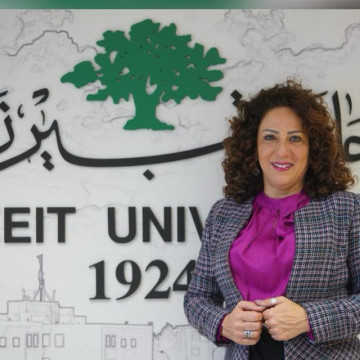
Dr. Najat Abdulhaq
A Palestinian scholar, economic and political analyst. She serves as the director of the public relations office at Birzeit University since March 2024.
